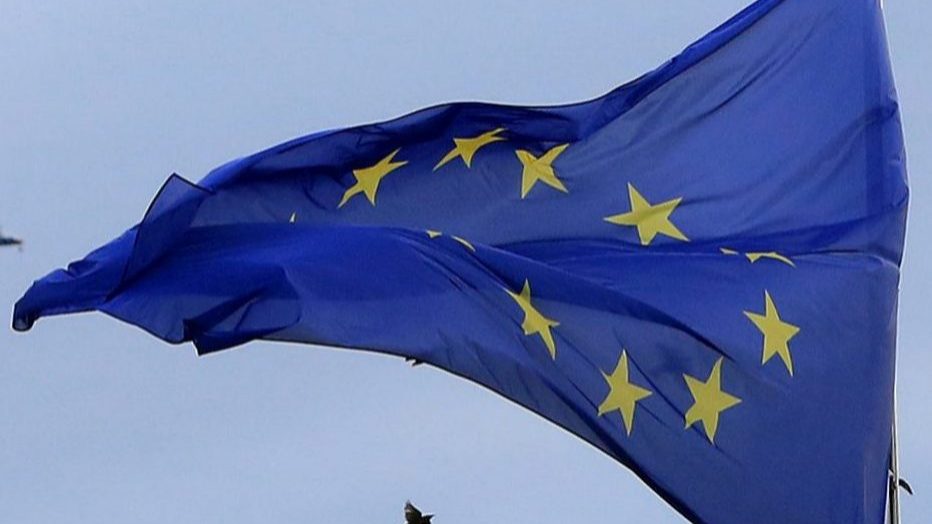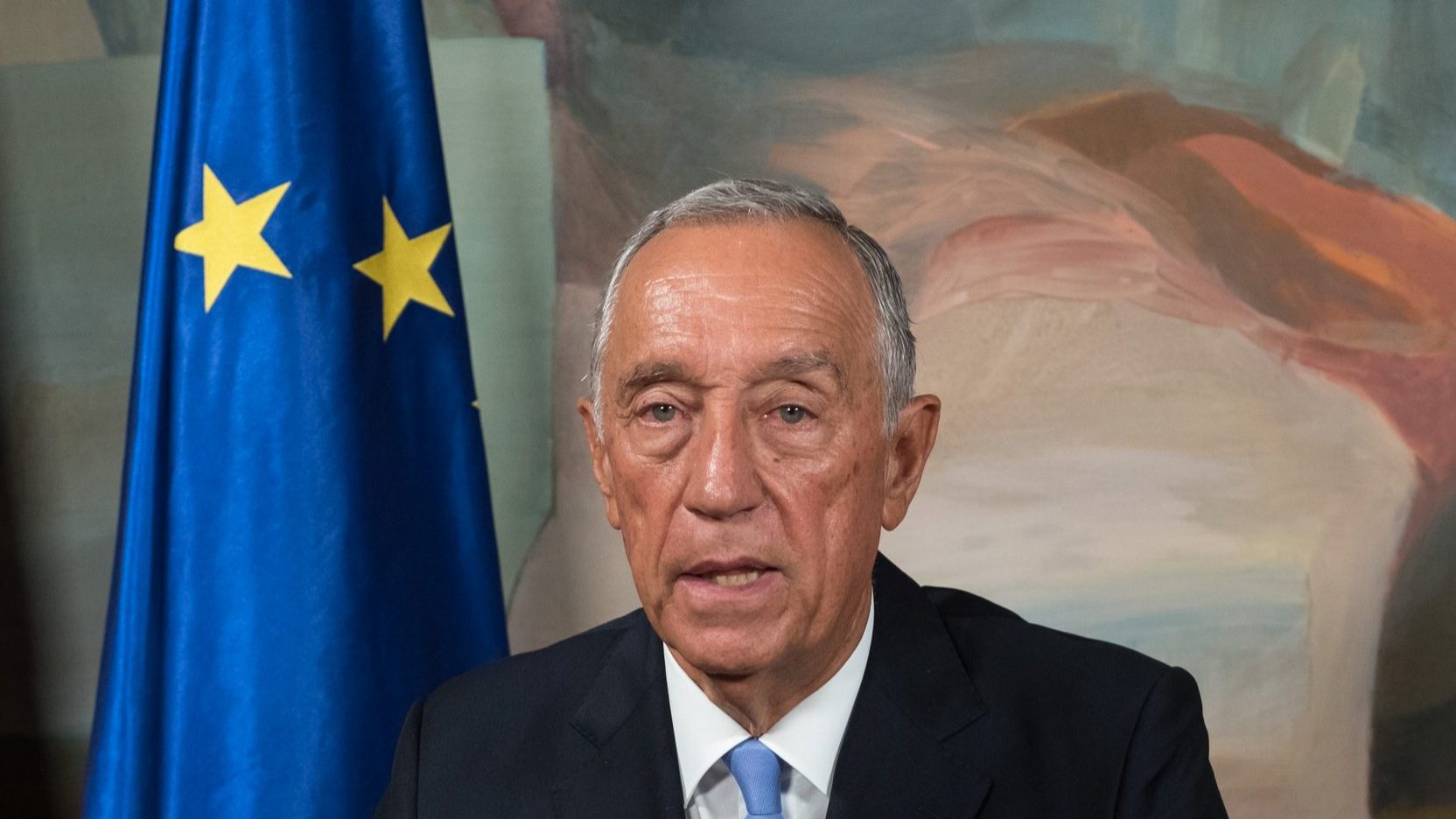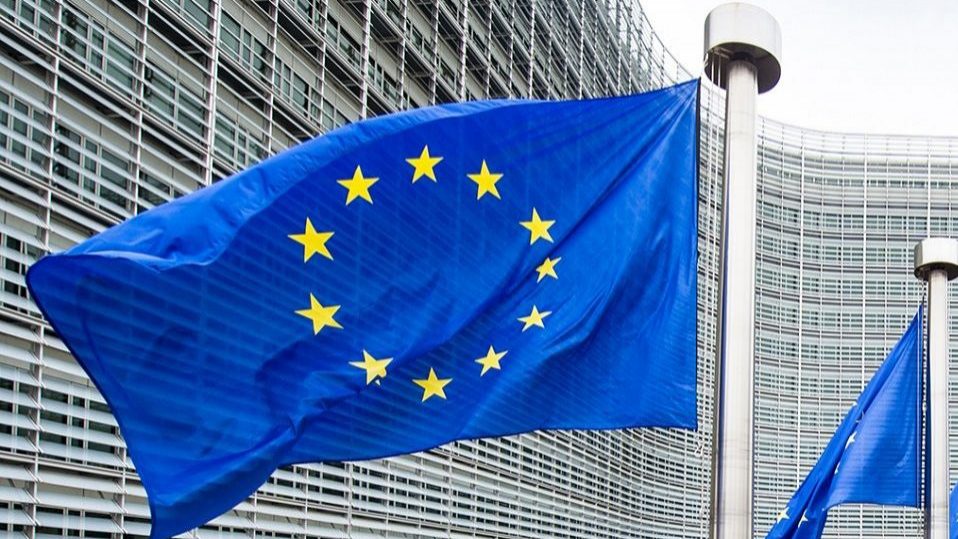EU ‘reasonably optimistic’ of Portugal’s ‘rapid’ economic recovery post Covid-19
The European Commission believes that the way in which Portugal "controlled" the pandemic will benefit the recovery of tourism this summer.
The European Commission says it is “reasonably optimistic” about Portugal’s “rapid economic recovery” after the crisis generated by Covid-19 and believes that the way in which the country “controlled” the pandemic will benefit the recovery of tourism this summer.
“At the moment, I am reasonably optimistic about Portugal,” European Employment Commissioner Nicolas Schmit said in an interview with Lusa in Brussels.
He recalled that “Portugal was very much affected by the previous crisis” of 10 years ago, “which has had very serious repercussions in the country and especially affected young people, with some of them having to leave the country to find new opportunities.”
But this time the situation will be different, according to Nicolas Schmit.
“We predict that economic recovery in Portugal will happen relatively quickly, which will also allow unemployment to fall more quickly than it did in the previous crisis”.
In economic forecasts released at the beginning of May, the Commision said it estimated for Portugal an economic contraction of 6.8%, less severe than the European average, but projected a recovery in 2021 of 5.8% of GDP, below the EU average (6.1%) and the eurozone (6.3%).
An unemployment rate of 9.7% was also projected for 2020, falling to 7.4% the following year.
“The forecasts we have available point to an increase in unemployment in Portugal this year, as in other member states,” noted Nicolas Schmit.
“We are already seeing an increase in unemployment – because people are already losing their jobs – but we need to put in place the right measures to limit it and to help Portugal recover vigorously.”
According to Nicolas Schmit, here comes the European Commission’s proposal for a 750 billion euros Recovery Fund to repair the damage caused by the Covid-19 pandemic, of which Portugal “is also a beneficiary,” helping to “shorten this severe recession”.
The proposal provides that, of the overall amount of the fund, to be raised by the Commission itself in the markets, 500 billion euros will be channelled to Member States through non-repayable grants, and the remaining 250 billion euros in the form of loans.
Portugal could raise a total of 26.3 billion euros, 15.5 billion of which in grants and the remaining 10.8 billion in the form of (voluntary) loans on very favourable terms, but the decision on whether to endorse the proposal lies with the European leaders.
Nicolas Schmit also praised the fact that Portugal has “managed to control the pandemic quite well” at a time when there are around 33,000 cases of infection in the country – over 20,000 of which have recovered – and 1.447 deaths.
“It wasn’t one of the most affected countries, and I think this is a positive element for Portugal and for the tourism sector.”
Nicolas Schmit also said he hoped this summer would not be “a lost season” in the country, although he acknowledged that the Portuguese tourism sector would have “a more difficult year.”
“I hope these consequences will be limited,” he concluded.


